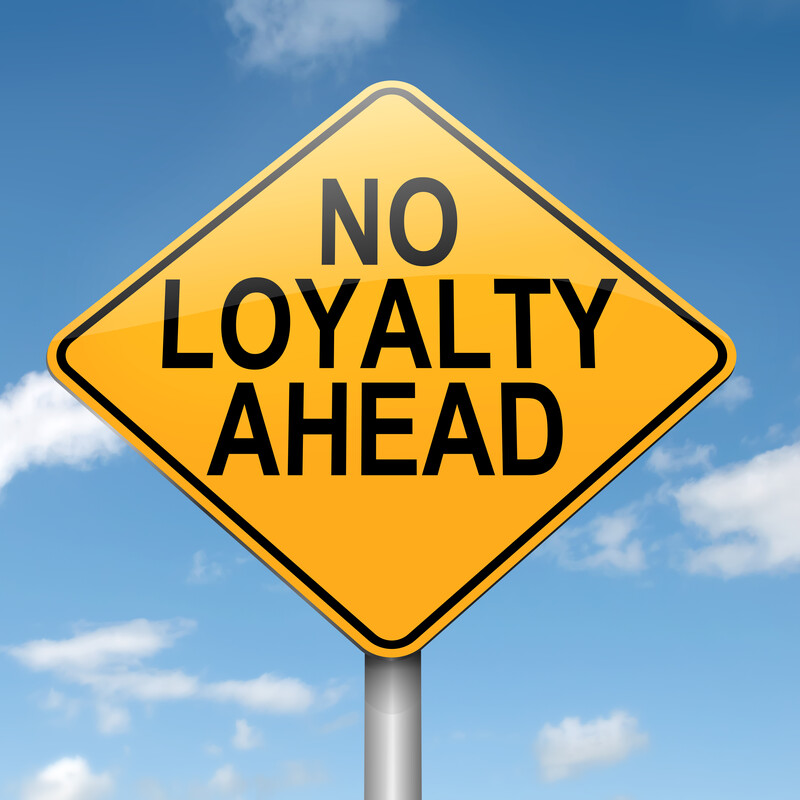 We learned after Hurricane Katrina, and Americans are relearning it now, that government runs on red tape and swollen bureaucracy and an overall attitude of CMA (cover my ass).
We learned after Hurricane Katrina, and Americans are relearning it now, that government runs on red tape and swollen bureaucracy and an overall attitude of CMA (cover my ass).
As a would-be mother of the bride, I’m learning that corporate America is not much different.
The only thing worse that spending a year and a half planning a wedding is spending a week and a half unplanning it. My youngest daughter, Katherine, was slated to tie the knot on April 18. Not happening, of course. So we have kicked things down the road, with fingers crossed for a summer replay. And the pragmatism to know that that’s iffy, too. (It was surreal to go from no local cases to a couple of hundred in five days – with a concurrent reaction of, “Maybe the show can go on” to, “How do we inform our guests?”)
On the ground, as with Katrina, individual New Orleanians and vendors are proving collaborative and helpful. Our band rescheduled a gig in Texas to slot us in. Venues, florist, planner, designers are all scrambling to redeploy for us. Our photographer is already booked, but sending out SOS calls to colleagues. One restaurant manager thanked me for restaging things: “You’re my only private-event client now.”
Last Friday, I took a deep breath and turned to unraveling all the travel plans. The plane flights, the honeymoon, the Caribbean hotel, the room rentals. And ran smack up against doublespeak and CMA.
Southwest is suspending flights to and from Costa Rica, but can’t issue us a refund. Because flights aren’t “cancelled,” I was told by Customer Service (third call, an hour in), but have been put on a “dynamic waiver.” So we can rebook within 60 days (really?) or get a credit. The U.S. Department of Transportation clearly decrees refunds for travelers whose flights are cancelled or drastically rescheduled, I sputtered. Not cancelled, she replied. Waivered.
I think I’m going to waiver my mortgage payment. Dynamically.
The prepaid boutique honeymoon hotel is happy to move our reservation, but not issue a refund. What if we can’t do it in the summer, I asked? Well, you can move it again, I was told. As long as it’s by December. After that, she added, all bets were off. Yesterday, I got an email saying the resort had graciously extended rebooking for a year after the original reservation. But still no refunds.
And on it goes with other airlines, other companies. The individuals here in New Orleans – the caterers, the musicians, the restaurant managers — can’t do enough; the faceless entities on the other end of the phone can’t do anything. “I can only say what I’ve been told to say,” one airline rep told me. (She also informed me that it was against company policy to give me her name, a claim denied by a supervisor up the line.)
There’s lots of talk about corporate bailouts by the U.S. government. Even as I write this, Congress is squabbling over a $1.8 trillion relief package. Part of the discussion centers on how much goes to corporate America, and how much to everyday Americans. I certainly understand how much money the travel industry, say, is losing, and I believe we should help them recover. But if an airline or a cruise company is cured of losses with a government check, then I want to be cured of my loss with a company check.
In the grand scheme of things, losing money spent on an event or a trip that won’t happen is not a matter of much importance. Lives matter. Health matters. Getting along, and finding a cure or treatment, sourcing PPEs – all matter a lot more.
But we are all facing new challenges and new problems, big and small, these days. And when things do get back to normal – because really, we all have to believe they will – we will remember these moments. Who was kind. Who helped. How we were treated. And that, too, will make an impact on corporate America’s bottom line.
 NOLAbeings Multimedia artist Claire Bangser created NOLAbeings as a portrait-based story project that marries...
NOLAbeings Multimedia artist Claire Bangser created NOLAbeings as a portrait-based story project that marries...  Voodoo in New Orleans: Reviving history: New Orleans fortune telling This article takes a deep dive into the history of Voodoo in New Orleans, its hybridization with Catholicism, and its present-day place in the city's culture. The author visits fortune-tellers in the French Quarter, using their guidance as a tool for introspection rather than a deterministic predictor of the future. Through her experiences in New Orleans, the author feels a mystical connection to both the past and the future.
Voodoo in New Orleans: Reviving history: New Orleans fortune telling This article takes a deep dive into the history of Voodoo in New Orleans, its hybridization with Catholicism, and its present-day place in the city's culture. The author visits fortune-tellers in the French Quarter, using their guidance as a tool for introspection rather than a deterministic predictor of the future. Through her experiences in New Orleans, the author feels a mystical connection to both the past and the future. 